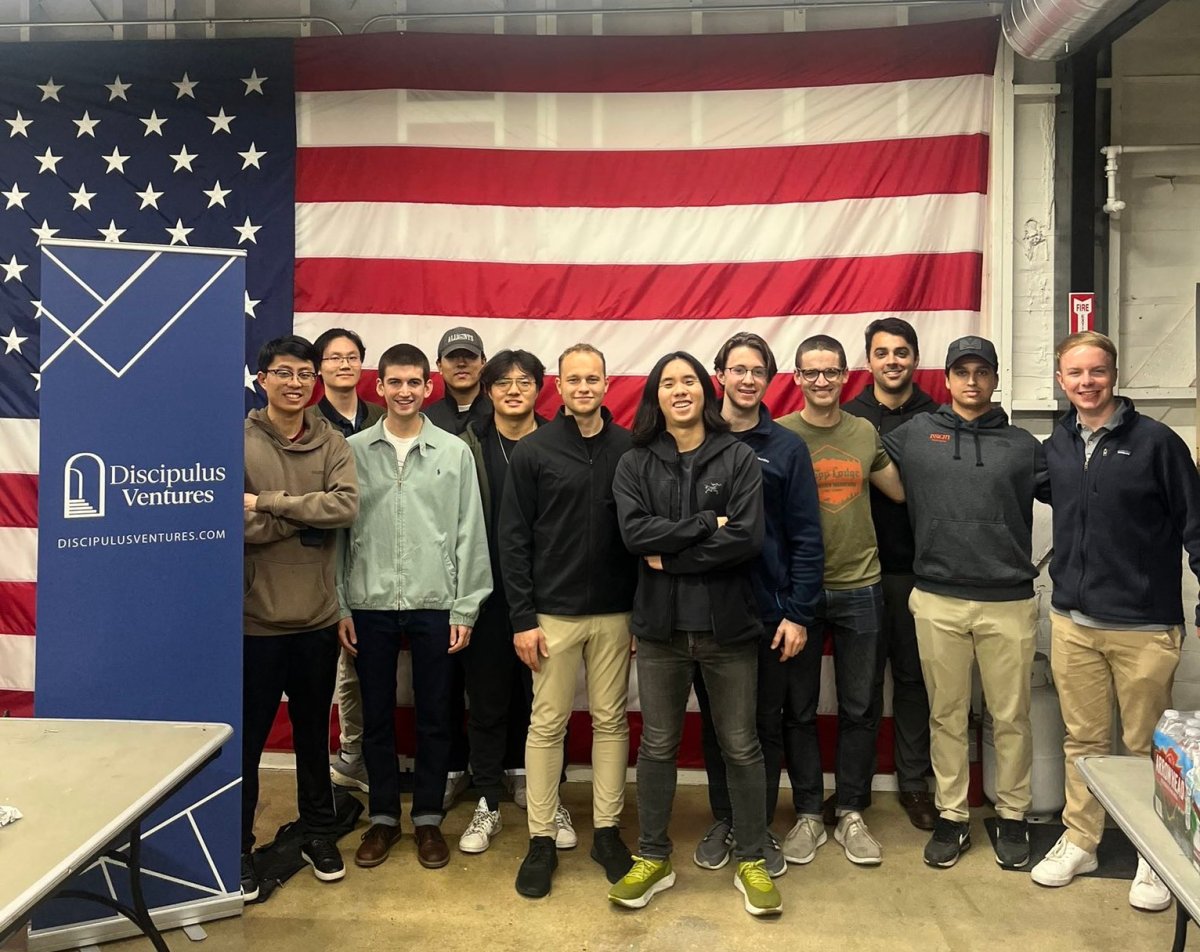U.S. wants Turkey to stay out of Iraq
THE UNITED STATES is also seeking permission to use Turkish airspace, which Turkey granted during the 1991 Persian Gulf War. But the official said Turkey would not receive the $6 billion in economic aid that Washington had offered if it only granted overflight rights.
“The package is off the table,” the official said, noting that other U.S. allies that have offered their airspace will not be receiving special economic assistance either.
In response, the Pentagon began moving warships from the eastern Mediterranean, where they had been loitering pending the Turkish decision. Several U.S. ships capable of firing Tomahawk cruise missiles sailed toward the Suez Canal, apparently heading toward a zone where the missiles could be fired without passing through Turkish air space.
Two dozen cargo ships — carrying the 4th Infantry Division’s tanks, trucks and supplies for what the U.S. hoped would become a northern front against Iraq — remained in the waters off Turkey, a Pentagon official said, but only because commanders had not decided where to send them. It is possible they could be ordered to Kuwait, where the equipment could be sent into Iraq if the 4th Infantry is chosen as a “follow-on force” to occupy Iraq or if the fighting there proves unexpectedly difficult.
SHIFT IN DIPLOMATIC EFFORT
The shift in the Bush administration’s position came after months of negotiations with the Turkish government aimed at a deal that would have let up to 62,000 U.S. troops enter the country to open the northern front. The Turkish parliament rejected the U.S. deployment by three votes on March 1; Turkey’s relatively new leaders have been unwilling to commit themselves to a second attempt.
The Turkish government could still change course and call a new vote, but with diplomacy at the United Nations in a final phase and U.S. military preparations accelerating, the Bush administration “is working under the assumption now that they’re not in,” the Pentagon official said.
As a result, the U.S. diplomatic effort in Ankara has shifted to ensuring that Turkey keeps its troops out of Iraq. A diplomatic team led by Zalmay Khalilzad, the U.S. special envoy to northern Iraq, warned Turkey that any incursion would have a “very negative effect” on relations with the United States and pose dangers of fighting between Turkish troops and Kurdish and U.S. forces, the senior U.S. official said.
Over the vocal objections of Iraqi Kurds, the administration had agreed to let Turkish troops follow U.S. forces into northern Iraq and take up positions about 12 1/2 miles past the border to help prevent a flow of refugees and maintain security and stability. But Khalilzad told the Turkish government that the agreement was void because Turkey had not approved the U.S. deployment.
CONCERNS OVER NORTHERN TERRITORY
“The situation now is that it’s all off,” the official said. “We don’t have an agreement, and we don’t want them to go in unilaterally. The mission now is to discourage and deter them from going in, and to reach an understanding with them on legitimate issues of concern.”
The official said the United States recognized Turkey’s worries about refugees, the safety of Iraq’s Turkmen population and the risk of attacks by Turkish Kurd separatists hiding in Iraqi territory. But he said these concerns could be addressed without Turkish troops entering Iraq, and diplomats are trying to arrange a meeting between Turkish leaders and the Iraqi Kurds next week.
Prime Minister Recep Tayyip Erdogan, who formally took office today, has been resisting U.S. pressure to hold a second vote on the U.S. deployment, insisting on further guarantees that Turkey’s interests would be protected in a post-war Iraq. Turkey’s primary fear is emergence of an independent or strongly autonomous Kurdish state in northern Iraq, which could lead to demands for greater autonomy from its own Kurdish population or a renewal of fighting by Kurdish separatists, who waged a 15-year guerrilla war against the Turkish military.
U.S. officials say they have repeatedly addressed these concerns and stated their opposition to an independent Kurdish state.
FOCUS ON AIRSPACE
Washington is also waiting to hear from Turkey about the use of its airspace. Vice President Cheney telephoned Erdogan on Thursday evening but failed to win a commitment to schedule a quick vote in parliament on the subject, U.S. and Turkish officials said. President Bush had raised the same issue in a phone call with Erdogan three days before.
The phone calls reinforced a sense of pessimism among U.S. officials about Erdogan’s willingness to take the political risk of asking parliament for a second vote on U.S. troops. The leader of the young Justice and Development Party, which is viewed with suspicion by Turkey’s establishment because of its roots in political Islam, Erdogan suffered a major defeat when parliament rejected his earlier proposal.



